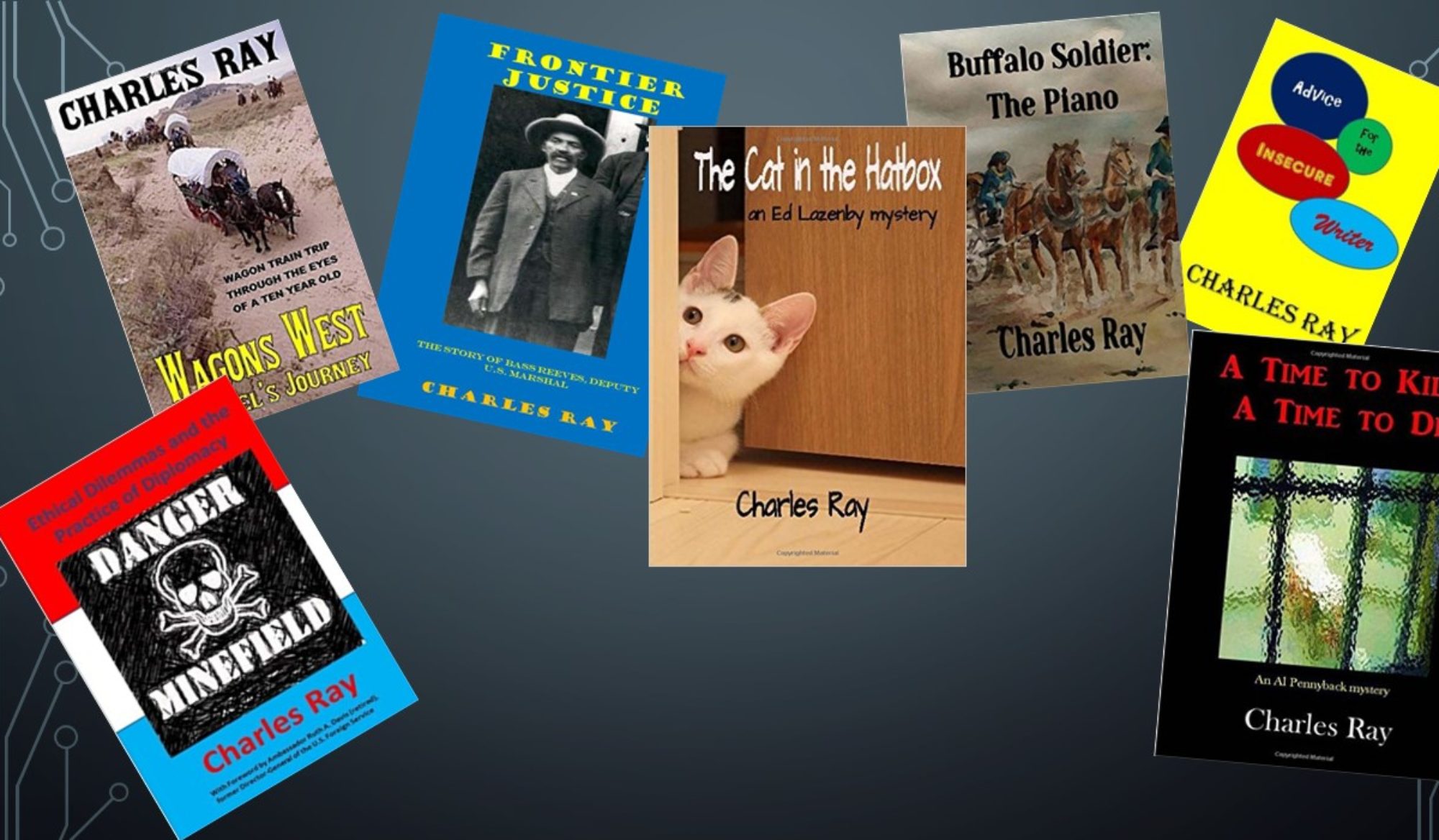 Many successful and talented people, especially women, minorities, and people from underprivileged backgrounds suffer from a condition called imposter phenomenon. This is a condition where sufferers feel that they are frauds, that their success is not deserved and, at any minute they will be unmasked for the failures that they really are.
Many successful and talented people, especially women, minorities, and people from underprivileged backgrounds suffer from a condition called imposter phenomenon. This is a condition where sufferers feel that they are frauds, that their success is not deserved and, at any minute they will be unmasked for the failures that they really are.
Writers often suffer from this condition regardless of their gender, ethnicity, or socio-economic background. It hits really hard writers who have achieved early publication but then hit a patch of rejection slip after rejection slip before again achieving publication on a regular basis, and sometimes even a degree of notoriety.
While I’ve never been on the New York Times or USA Today bestsellers’ list, and probably never will be, I’ve established myself as a fairly consistent writer with a long backlist of books and a sizeable steady readership. But I’ve also suffered imposter phenomenon. Took me a while to get over it too.
Let me tell you how I did it.
My first work of fiction was published when I was 12 or 13. My high school English teacher talked me into entering a national Sunday school magazine short story contest and I won. My very first byline, and in a national publication no less. I was hooked on writing. But my next publication didn’t come until I was 18, and I got a poem published in a newspaper, the European edition of Stars and Stripes. I also had the occasional newspaper article published, and every now and then a travel or historical article published in a magazine, including some well-known national publications.
Despite all this, I was reluctant to call myself a writer. Whoever heard of a poor Black kid from a one-horse town in East Texas being a writer? In addition, I was getting enough rejection slips for my efforts at fiction to cover a wall.
This went on for years until I finally decided to hell with it, and I ventured into independent publishing and put out a mystery novel. That first book sold all of ten copies, but it sold, so I kept going. I expanded to historical fiction and did a few on the famed Buffalo Soldiers of the Ninth US Cavalry. Those sold better. One volume sold 800 copies the first weekend after I published it.
I was still reluctant to call myself a writer.
While doing research for my Buffalo Soldier stories, I came across references to Bass Reeves, an African American former slave who was hired as a deputy US marshal in 1875. After doing some research, I wrote a fictionalized account of his life, Frontier Justice: Bass Reeves, Deputy US Marshal. This was a few years before the rest of the world discovered this fascinating character, and the book sold well—still does after more than 10 years.
At this point, believe it or not, I’m still not calling myself a writer, fearing that someone will point out that I’m really no such thing, and the sales I’m getting are just flukes.
All this, mind you, while some of my acquaintances are calling me a writer, and I’m even hired to do a summer writing workshop for college seniors in an international relations program. I’d also by this time been interviewed at least four times by online bloggers who did interviews with writers—hint, hint.
When I was approached by a western publisher who heard one of the interviews and asked if I’d consider writing for his firm, I began to wonder if maybe I should start calling myself a writer. When a second publisher approached me with a better offer, I finally had the nerve to say ‘writer’ when someone asked me what I did. I even had calling cards made up with ‘Author’ under my name, and set up an author’s website, https://www.charlesray-author.com. To leave no doubt in peoples’ minds, I also added a couple of sentences to my CV, indicating that since retiring from government service, I’d turned to writing among other interests.
Imposter phenomenon wasn’t cured overnight. I was still reluctant to call myself a writer even after giving people my business card. Then, at a lunch one day where the speaker was introduced as someone who had three published books, and one of my table mates scoffed and said to our other companions, “What’s the big deal? Charlie here has more than fifty published books,” I realized that my fear of being exposed as a fraud was invalid. Other people thought of me as a writer, and not a bad one at that, according to my friend that day, so why couldn’t I do the same?
Well, since that day, that’s exactly what I’ve done. And, you know what, I’ve never felt better about myself.














